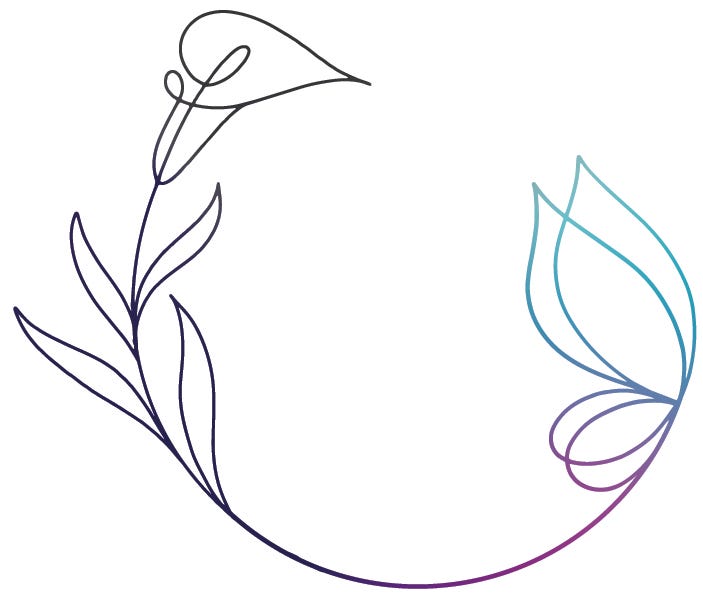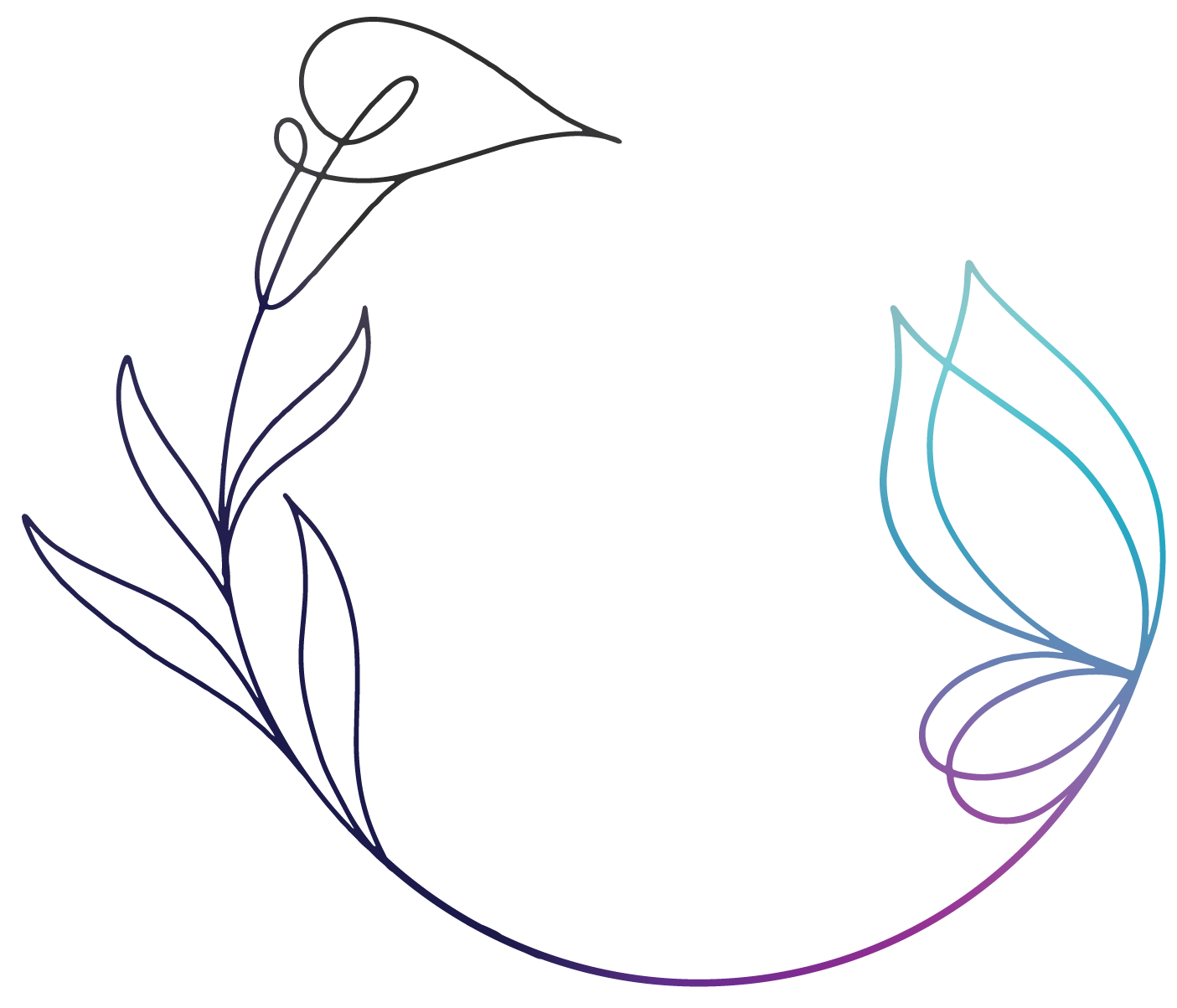Words can change our worlds.
When I first learned of a STUG, it stopped me in my tracks. The kind of STUG I’m talking about is not the name bestowed upon the Sturmgeschütz, the German word for “assault gun”, a series of armored fighting vehicles used in WWII.
The irony is not lost on me.
STUGs describe a Sudden, Temporary, Upsurge in Grief. Coined by grief expert Dr. Therese Rando in the 90s, these intense and unexpected experiences feel like being swept out to sea. Caught in a riptide of emotions and physical sensations that often bring us to our knees.
We are at the mercy of our experience when we are grieving. Grief, our natural and involuntary response to loss. And loss doesn’t fit into a nice little box, despite our efforts to the contrary. We are conditioned to be silent, impassive and future focused. In my book Grief Unleashed, I write:
“Sadly, most of us avoid talking about the places that scare us. We are conditioned to avoid talking about our pain. We are death phobic as a culture, so it’s not surprising that we don’t have the language to talk about dying, grief and bereavement. No wonder we are ill-equipped to deal with the twists and turns that are a normal part of life after death.”
Because so many of us come to grief as virgins, we find ourselves bumbling around, thinking we are doing this grief thing all wrong. The pressure to perform permeates our cultural narrative, leaving little time to process and make sense of what happens to us when our life goes sideways.
Back on the conveyor belt we go. Consuming. Producing. Living a partial life.
STUGs are a reminder that we are human. STUGs connect us back to a moment in time, before the loss occurred. We might be walking around in a shopping mall, listening to Christmas songs, when suddenly, we feel overwhelmed, a tidal wave of longing and loneliness crashing over our heads.
That … song … the one that we used to sing as children. The one that had me back in our beds, giggling with anticipation as Christmas approached. The smell of pine needles and cinnamon seared into my brain. Our toes and noses touching. Our little hands linked. Never imagining that my sister would not be here.
That feeling of being swept away has us gasping for air, unable to breathe. Not knowing which way is up can be paralyzing. When these STUGs occur, we drop everything. I’ve left a shopping cart full of food in Costco, fighting to keep it together until I reached the safety of my car. I’ve learned to bring tissue with me just in case a STUG occurs. And sunglasses.
After the STUG passes, we are in a state of hyper-arousal. It can take a while to pass … each moment feeling like an eternity. From experience, it’s best not to operate any heavy machinery for a bit (she says with a smile). Listen to a song or call someone you trust. Allow your body to process your experience.
I’ve experienced some of my most profound STUGs while in motion. In the safety of my “Healing Woods” I could no longer outrun my grief. I found myself lying on the forest floor, sobbing, strangely comforted by the warm embrace of moss and roots.
A tangled mess, I did most of my grieving among the trees.
STUGs, like any storm, pass. Sometimes they leave a trail of destruction in their midst. The first one can feel especially scary. We might ask: “Am I having a heart attack? What’s wrong with me? Shouldn’t I be over this by now?” But for the most part, after years of integrating STUGs, I feel calm and relieved. I trust that my body needs to express, not repress. And I’ve learned that it helps to talk to someone you trust. Again from my book:
“Being witnessed in our grief heals. The truth is, talking about grief and loss is uncomfortable. So is not talking about it. We might as well get comfortable with the uncomfortable.”
I know that when I found information that validated, not pathologized, my experience, I felt liberated. I’m here to share that STUGs are a normal part of the grieving experience. It could be triggered by a smell, a memory, a song or photograph.
Even decades after my person died, I still experience a STUG.
While the pain is often excruciating, I welcome it now. They are a way for me to stay connected to my loved ones. They remind me of important memories that I may have tucked away for a rainy (or STUGy) day. These experiences now hold a dual purpose. They support my continued bonds with my deceased loved ones and help me process residual shards of grief.
I trust that my body knows how to heal.
For paid subscribers, enjoy this STUG Practice. I’d love to hear what you discovered. Please consider upgrading to a paid membership to access all of my Grief Practices and Grief Cafés. We are building a grief informed community together and I’d love for you to be a part of it!
Here’s a grief practice to support you in processing a STUG:
When it arises, remind yourself that what you are experiencing is a Sudden, Temporary, Upsurge in Grief. Normal, natural, needed.
Find a safe refuge if you can. I remember during one of my workouts I experienced a STUG as I lay on the mat. I was so spent that I couldn’t run to the washroom to grieve in silence. My instructor noticed. She came to me and asked if I was OK. I said: “I will be. Just give me a moment.” She looked so concerned. That shared experienced helped me feel less isolated. Remember STUGs can be exhausting so I took the rest of the afternoon off to process what had happened.
Journal. Writing can help. Reflexivity is an ethical imperative for coaches and healthcare professionals so it was intuitive for me to turn to the pen for peace and sense-making. For the uninitiated, setting a timer can help. Having prompts can help. Exploring generative questions can also help: “What was it about this experience that gave rise to my STUG? How did the STUG feel in my body? What colour, texture or flavour would I give my STUG? If my STUG was a metaphor, what would it be?
Talk about it. Share your experience with a trusted person. By describing it, you can extract the nutrients that our STUGs are here to provide. A grief metabolized dissipates.
As a Grief Doula, I create a safe refuge to support the bereaved through life losses. Remember, when we do the grief work, it works.








Love this. Thank you for offering such a clear and helpful description of a shared experience and the encouragement to know that we are not alone and that, if we allow the grief to do what it needs to do, it will move through us and we will be ok.
Oh my gosh, I didn't know there was a term for this. I wish I had been able to share this with my mother. My brother died nearly 19 years ago, and Mum said on more than one occasion that it wasn't the expected things, like his birthday and death anniversary, or missing him at Christmas, it was those moments you just don't see it coming, the STUGS. I think she spent the years since he died in constant fear of the next wave of unexpected pain to hit her, I don't think she ever came to think of it as 'normal'.
Thank you for sharing this with me. It's certainly something I'm learning to live with all over again since she died